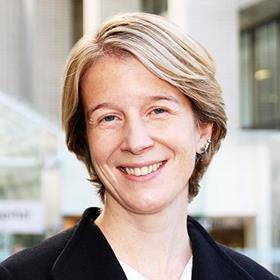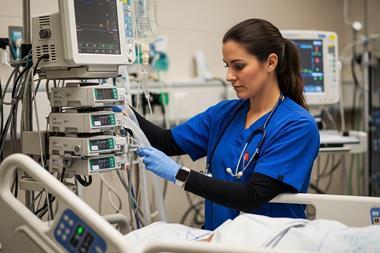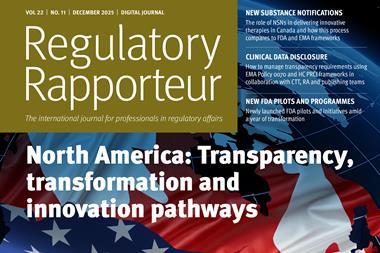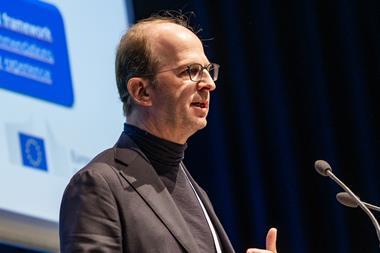
Pharmacists in England can now directly provide treatment for seven common health conditions without patients first consulting a general practitioner (GP) to receive a prescription.
The National Health Service (NHS) Pharmacy First service (PFS) will permit pharmacists in England to carry out consultations and issue prescription-only medicines, including antibiotics and antivirals, where appropriate.
The service aims to make it easier for patients to get the help they need for less serious ailments and consequently open-up GP’s time for those with more complex conditions. The new service, which alongside expansions to pharmacy-based blood pressure checking and contraceptive services, is estimated to save up to 10 million GP appointments in England in its first year.
Around 10,265 pharmacies in England have signed-up to offer PFS, enabling its pharmacists to prescribe and supply medicines for the following seven conditions:
| PERMITTED CONDITIONS |
|---|
| sore throat |
| earache |
| sinusitis |
| impetigo (a bacterial skin infection) |
| shingles |
| infected insect bites |
| uncomplicated urinary tract infections in women under the age of 65 |
Health matters are a devolved competency to each of the four nations of the UK under the devolution Acts of 1998. England is now rolling out this service following NHS Scotland’s example in July 2020. Northern Ireland has had a similar service since 2022 and Wales is set to complete its pharmacy services review by 2025.
The PFS in England replaces the Community Pharmacist Consultation Service (CPCS) which had allowed pharmacists to supply urgent repeat medication and conduct appointments with patients suffering from minor illnesses. These elements will now also fall under the remit of the PFS alongside its expanded competencies.
“This is all part of a major transformation in the way the NHS delivers care [in England], giving people more choice in how they can access treatment,” said Amanda Pritchard, Chief Executive of NHS England.

































No comments yet